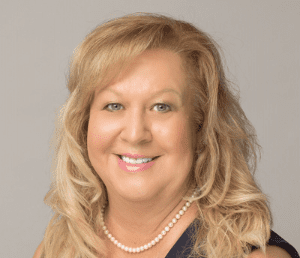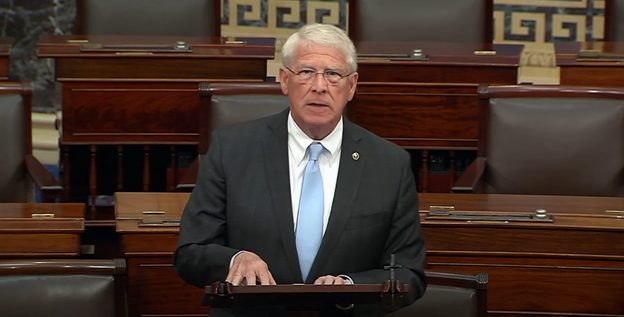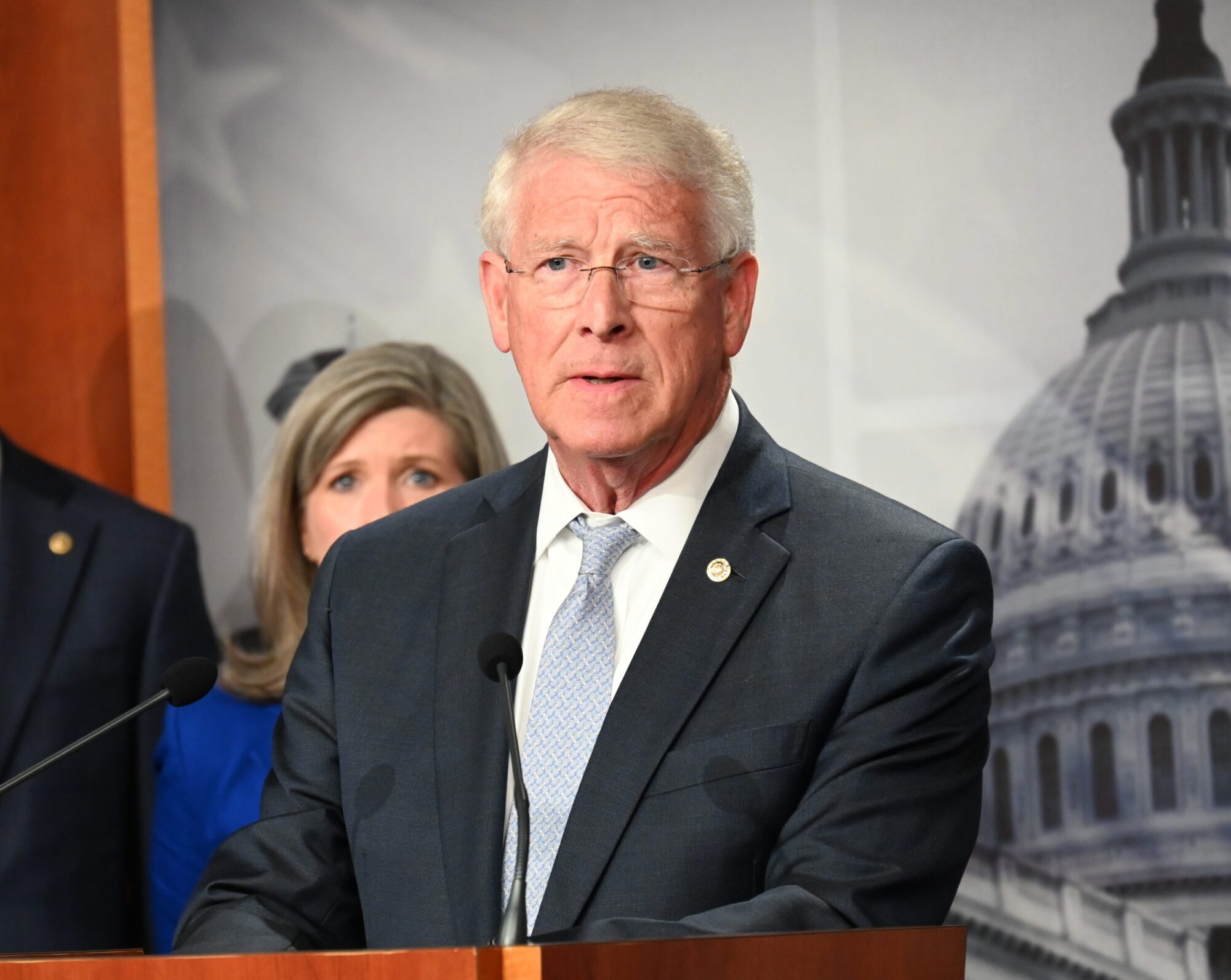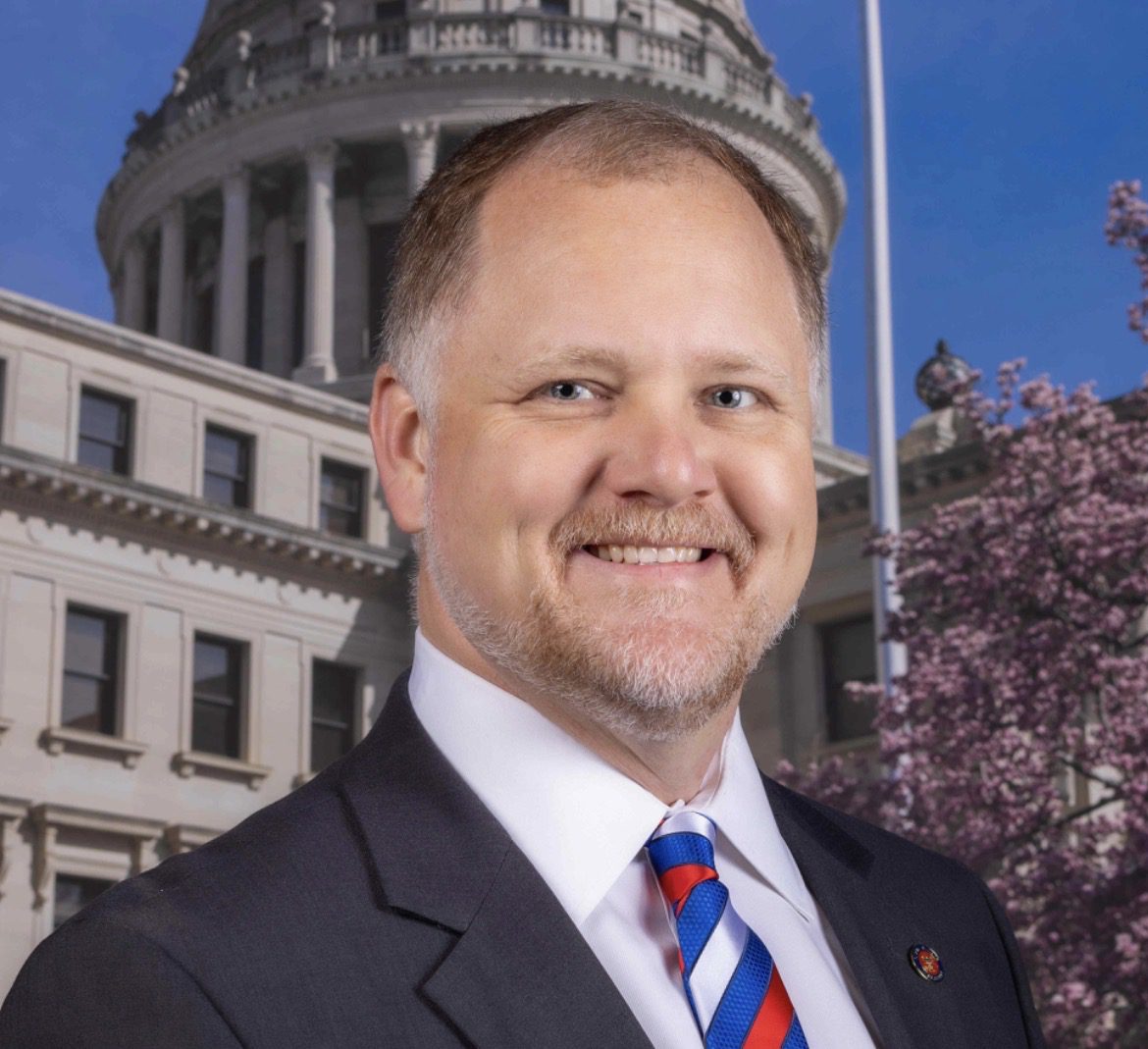
Sid Salter
**Contribution by Sid Salter**
The debate over the recent prisoner exchange that brought about the release of WNBA star and two-time Olympic gold medalist Britany Griner’s release from a Russian prison is yet another example of a polarized, divided America and of bedrock political disagreements that make the political middle ground a bridge too far.
The political debate centered on the fact that Griner’s release was won in a one-for-one prisoner exchange for truly dangerous Russian arms dealer Viktor Bout, known as “the Merchant of Death” for his ruthless international trail of death and mutilations in locales like Sierra Leone and Angola while former U.S. Marine Paul Whelan was left behind in another Russian prison on dubious espionage charges.
Bout was held in a Marion, Illinois federal prison for more than a decade after being sentenced to 25 years in prison for conspiring to kill Americans. Griner had been jailed in Russia for less than a year on a nine-year sentence for having vape cartridges containing cannabis oil in her luggage
Former Democratic New Mexico Gov. Bill Richardson, who played a key role in negotiating Griner’s release, told a home-state newspaper that the Griner-Bout prisoner swap “was a good trade” for the U.S. but expressed deep concern for Whelan and other American hostages in Russia.
“Sometimes a prisoner exchange is unseemly, unsavory and unfair, but we have to do it to bring our hostages home,” Richardson told The Albuquerque Journal. “I think this one was a good trade for the United States.”
Former President Donald Trump weighed in on the Griner release, blasting the administration of his successor President Joe Biden for leaving Whelan behind. The Trump social media message said: “He (Paul Whelan) would have been let out for the asking. What a ‘stupid’ and unpatriotic embarrassment for the USA!!”
Whelan’s twin brother, David Whelan, called the former president out on the claim.
“I just wanted to call out the fact that during his presidency, Trump never, ever mentioned Paul’s name in public. Not once in his many, many tweets or any sort of public statement. In a sense, you could say they did nothing.”
After the Griner release, David Whelan went on to Tweet: “Former President Trump appears to have mentioned my brother Paul Whelan’s wrongful detention more in the last 24 hours than he did in the 2 years of his presidency in which Paul was held hostage by Russia (zero). I don’t suggest he (Trump) cares now any more than he did then (zero).”
The Whelan family praised the Biden administration deal that secured Griner’s release. Despite their apparent solidarity with Griner’s supporters in celebrating her release, David Whelan expressed concern over whether Biden would do what was necessary to win his brother’s release. The Griner prisoner swap was the second time the Whelan family had to watch other U.S. prisoners win their freedom while Paul Whelan remained jailed.
The partisan and factional political debate spilled out over the Griner deal. Biden’s spokesperson’s remarks fueled some of that partisan bickering when Press Secretary Karine Jean-Pierre said: “Brittney is more than an athlete, more than an Olympian. She is an important role model and inspiration to millions of Americans, particularly the LGBTQI+ Americans and women of color.”
True. But that status also gave rise to staunch criticism that the American media paid more and more consistent attention to Griner’s detention in Russia than that of the white ex-Marine Whelan.
For many, it came down to a value judgment of whether the Biden administration should have negotiated an exchange of both Griner and Whelan for Bout and left the table if the Russians balked. The Biden administration countered by saying the Russians simply had no interest in exchanging Whelan for any Russian prisoner in U.S. custody – including Bout.
Whelan’s brother suggested the Biden administration should fight Russia’s detention fire with fire, telling Fox News: “If bad actors like Russia are going to grab innocent Americans, the U.S. needs a swifter, more direct response and to be prepared in advance. In Russia’s case, this may mean taking more law-breaking, Kremlin-connected Russians into custody. It’s not like there aren’t plenty around the world.”









